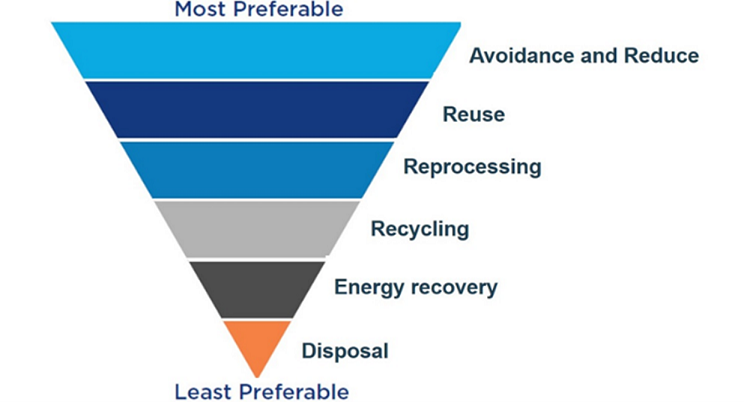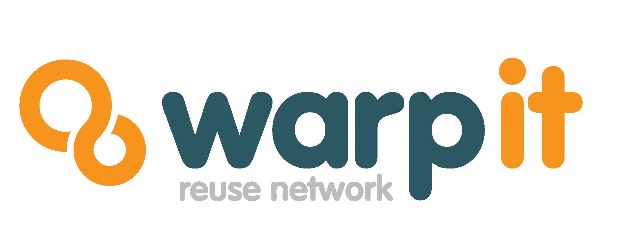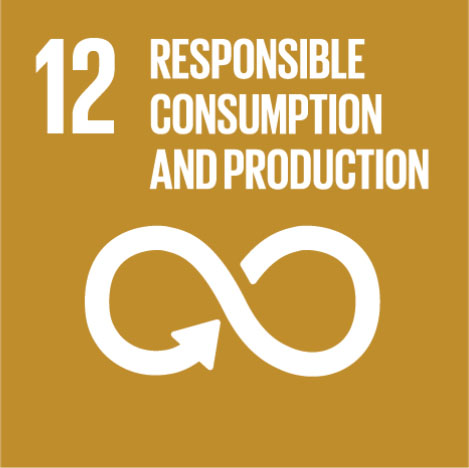Please read the
user
guide for the Recycling Hub.
Staff Access
From 30 November 2023, access to the Recycling Hub will revert back to pre-pandemic policies.
To facilitate disposal needs from day-to-day operations of the University, staff access to the Recycling Hub can now be applied for
via an online form.
Apply for access to the Recycling Hub
Once approved, the Card Access team will automatically receive a notification and work on the access request.
There is a 5-day response time so please plan your visit ahead of time.
Access will be granted for up to one month during office hours. You will also need to confirm you have read and understood the Recycling Hub User Guide.
Student Access
Any student requiring access into the Recycling Hub for waste disposal, or needing assistance with waste, recycling, or re-use arrangements,
please contact csefmcoordinator@kent.ac.uk.
Contractor Access
Per the University's
Code of Safe Working Practices for Contractors - Contractors are responsible for their own waste and must not use the University's facilities
(waste compounds, wheelie bins, skip) except for minor personal items via local litter bins, e.g. food packaging.
Contractors carrying out capital and improvement works on campus are required to arrange their own waste disposal.
Skips should be placed 8m away from any buildings. Waste Transfer Notes/Hazardous Waste Consignment Notes must be returned to the project manager,
copying in csefmcoordinator@kent.ac.uk.
Contractors who wish to utilise our Recycling Hub facilities should agree this with the project manager in charge,
complete the form on the back of the User Guide and return to csefmcoordinator@kent.ac.uk.
For other arrangements please enquire with the project manager in charge.



